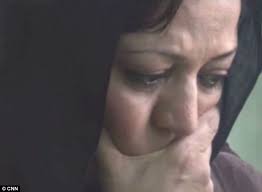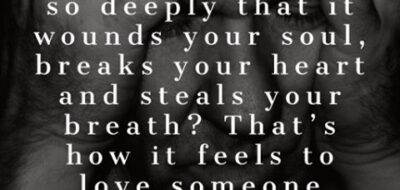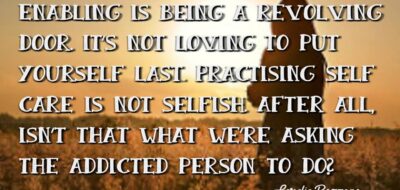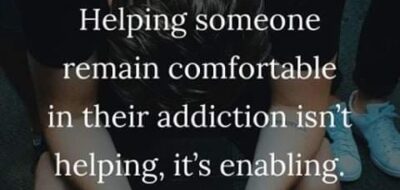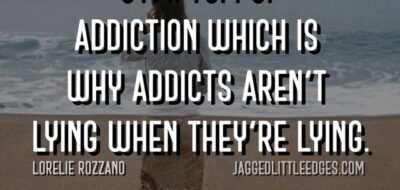When you love a family member who is addicted to a substance or unhealthy behaviour, you’re in for a lonely, painful, and confusing ride. If you are the ‘go to’ person that the addict seeks out time and again when needing assistance, you have become the primary enabler, or helper. This position most often falls to a significant family member such as Mom or Dad, but a spouse, child or friend can be the addicts ‘helper’ too.
Below are a few key symptoms which are used to ‘train’ family members to enable addiction.
Emotional hostage taking and extortion. This happens when the addict/alcoholic threatens harm to themselves or someone else, or someone harming them, if you don’t accommodate their demands.
Manipulation. Manipulation is a key factor in the addicts training of a family member or primary enabler. The addict’s purpose is to control or manipulate a person, place or thing, into a position of giving, or seeing things their way. Addicts manipulate so that other people feel responsible for them, and shoulder the consequences of their actions.
Blaming and resentful. Addicts/Alcoholics do not take responsibility for their actions. They blame others for the situation they are in. Using blaming and shaming tactics they can often become abusive if not getting their way. Families develop coping skills, or survival tactics, of giving in to the addict’s needs, to defuse or stay ‘safe’ in the situation. Or to avoid their own emotional discomfort.
Denial and delusion. Addiction is a dishonest disease. To avoid responsibility lying becomes second nature. An addict’s thought process is impaired and irrational. Denial makes a problem smaller than it really is. Delusion says “What problem? There is no problem.” Both addicts and their family members can suffer from this.
Self-pity. Addicts tend to believe their situation is worse than everyone else. People are out to ‘get’ them. They often exhibit a ‘poor me’ mentality and can become angry if reminded of positive experiences.
Self-absorbed and self-centered. Addiction is a selfish, me, me, and me – illness. Addicts are absorbed with their own needs and problems. They tend to view their needs as greater, or more urgent, than others. People who are addicted are emotionally unavailable to their family members.
No family member consciously sets out to ‘help’ their addict die. Addiction is a POWERFUL disease and one on one, it wins every time. If you are the ‘go to’ person for the addict in your family the best thing you can do for both of you, is to seek help.
When the consequences outweigh the rewards, most addicts (not all) will be forced into a position of being responsible for their illness. This is when change and recovery can occur.
One thing’s for sure, if you use the same thinking that got you into this mess, to get you out, your situation can turn deadly.
If you’d like to learn more about addiction, or need further support, please call your local drug and alcohol services for resources in your area.
